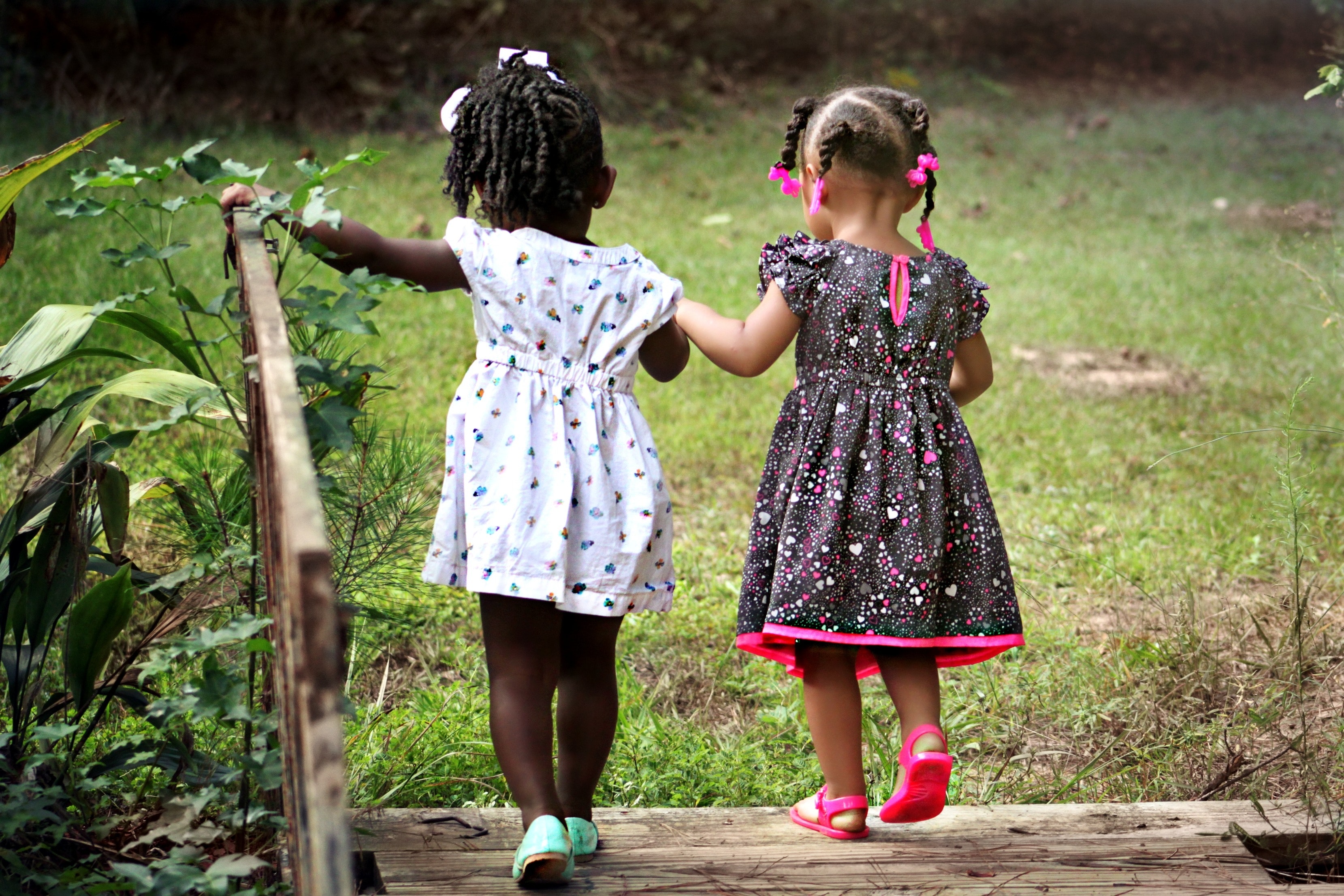
When a young child grows up dealing with neglect, abuse, domestic violence, unstable routines, and other negative experiences, their entire mental reality is impacted. Their foundations for everyday existence unsafe, and their ability to live well in the future is heavily compromised. At Maryvale, we prioritize creating a safe, enriching environment for children of all ages – including infants and toddlers. We are firm believers in building psychological support around children to mitigate risk factors associated with adverse experiences. Because neglect and abuse so often accumulate in a child’s mind as trauma, we take a trauma-informed approach in all of our mental health services. What’s more, we work with young people to impart practical skills and build a bridge between troubled youth and successful adulthood.
Understanding Adverse Childhood Experiences
“Adverse childhood experiences,” or ACE’s, is the name given to negative events that are formative in childhood development. ACE’s can be measured to indicate a young person’s tendencies toward mental instability and damaging behavior. A major study conducted by the CDC and Kaiser Permanente from 1995-1997 revealed unprecedented insights linking abuse and neglect during a child’s early development to their health and tendencies as adults. Adverse childhood experiences are high-stakes - the study was mainly focused on risks for adults that might cause physical deterioration and early death.
The study found that adverse childhood experiences are not at all uncommon – nearly two-thirds of participants indicated that they’d been subjected to at least one ACE. Not surprisingly, the more a child suffers adverse experiences, the more likely they will have negative outcomes. ACE’s can point to concrete actions or a child’s generalized experience. Concretely, ACE’s can look like household violence, physical abuse, and emotionally terrorizing acts. More broadly, ACE’s can take the form of crime or lack of safety in a community, food scarcity, racism, and poverty. A person’s response to ACE’s later in life is powerfully correlated with these sources of stress. Outcomes range from physical injuries to mental illnesses, maternal and family planning issues to chronic diseases, substance abuse to infectious diseases.
In an ideal scenario, educators, social workers, and mental health professionals would be able to address ACE’s by preventing them from causing prolonged stress. This might mean solving a material problem like sheltering the unhoused and providing essential resources. Alternatively, it could mean addressing mental illness in family members, confronting abusive relationships, and building strength to counter discrimination. All too often, repeated ACE’s have the effect of embedding toxic stress and deep trauma within children. Fortunately, the mental health community has embraced research around ACE’s and questions patients to understand what risks they face as adults based on their experience growing up. Working from an approach that validates and fully considers the harm a person underwent in childhood, mental health professionals can intervene to benefit a person’s physical, behavioral, and emotional healing.
How Trauma Works from Childhood to Adulthood
When a young person has undergone adverse experiences – particularly on a recurrent basis – they are likely to experience trauma. Trauma is understood in the psychological field as an emotional response to an instance of high stress. In the short term, this often shows up as denial or a sense of shock. Long-term, trauma has disturbing physical and emotional implications. Reactions can take the form of mood swings, flashbacks, night terrors, nausea, insomnia, and headaches. Trauma affects young people and adults whose stress response is in overdrive.
Toxic stress is directly linked with a high volume of adverse childhood experiences. Stress is not only a response to trauma – it is likely to damage a child’s brain. It can prevent a child from developing the appropriate cognitive responses for their age.
As a person’s ACE score goes up – meaning they report more instances of adverse childhood experiences and heightened stress - the likelihood that they suffer from all sorts of adult dysfunction increases dramatically. There are staggering connections between increased sources of trauma and increased risks in adulthood. Here are some critical risk factors that adults with high ACE scores face:
- A tendency toward alcoholism and substance abuse
- Chronic depression
- Liver disease
- Risk of attempting suicide
- Inability to maintain financial solvency
- Likelihood to become diabetic
- Likelihood to perpetrate domestic violence
The Benefits of a Skills-Based Approach to Maturation
When a child is faced with extreme stress, their trauma response can be prolonged. This means they may struggle to focus at school, they might blank out when interacting with others, or they might seek easy escapes from their overwhelming feelings. It is important to identify behaviors that signal a child’s fear or indicate that they’re in fight-or-flight mode. On one end of the spectrum, a child might seem numb, frozen, or stoic; on the other, a child might be aggressive, angry, or self-indulgent.
At Maryvale, our mental health approach weaves in an understanding that many children bring some amount of trauma with them throughout their daily lives. By integrating trauma-informed therapeutic interventions with whole-family care, we seek to build positive relationships around children so that they can become expressive and communicative with their parents and caregivers.
When a young person’s emotional experience is densely stressful, the help they need often takes the form of practical life skills. Risky behaviors such as absenteeism at school or work may be rooted in trauma. The path forward needs to be clear and actionable to reduce stress and help a person emerge with a sense of accomplishment. For this reason, the team at Maryvale is passionate about providing life skills for teens and adults who require support as they make their way into the workplace. Through our community partners, we offer several different types of pre-professional development to help prepare people for employment, teach computer skills, and grow their knowledge around money management. Building a bridge between childhood instability and independent adulthood is one way to help mitigate the many risks that traumatized people are prone to.






